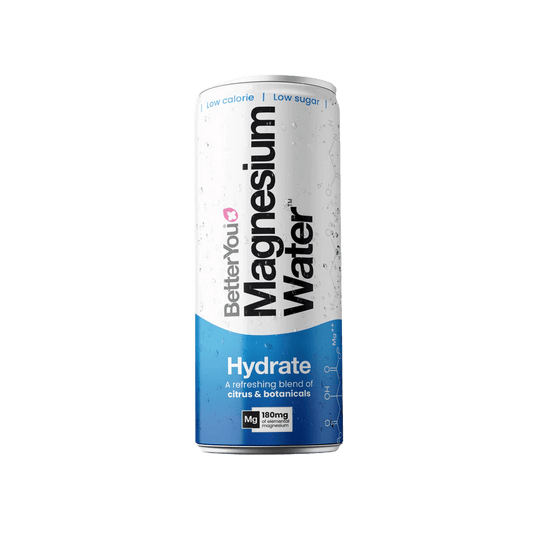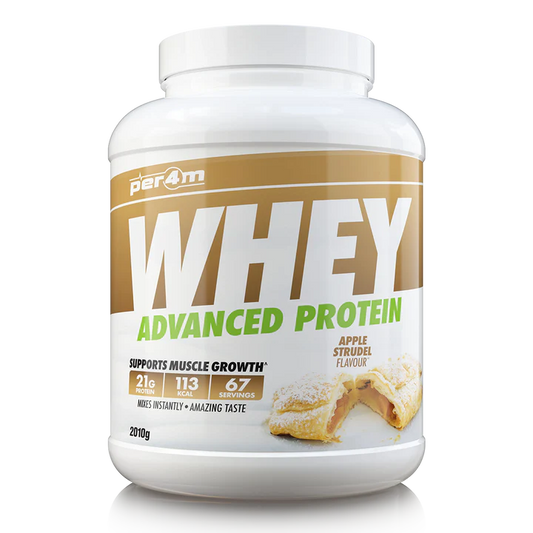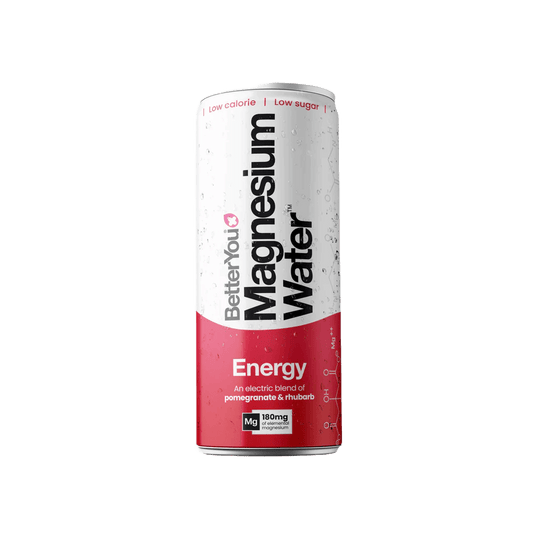Introduction: Training Outdoors and Skin Health
There’s nothing quite like training outside on a sunny day — whether it’s a long run, a bootcamp in the park, or lifting weights in a backyard gym setup. Sunlight can be energising, boosting mood and helping the body produce vitamin D naturally. But training outdoors also comes with unique stressors for your skin.
UV exposure accelerates skin ageing, increases the risk of dryness and sun damage, and can reduce collagen stores over time. Add sweat, heat, and the oxidative stress of exercise, and your skin ends up working overtime.
Supplements aren’t a replacement for sunscreen, but they do provide an internal shield — protecting, hydrating, and repairing from within. Let’s break down the most effective options.
1) What Supplements Are Good for Sun Exposure?
When UV rays hit the skin, they trigger oxidative stress — damaging skin cells and breaking down collagen. That’s why antioxidant-rich supplements are your best friend outdoors.
-
Vitamin C → Essential for collagen production, wound healing, and reducing oxidative stress.
🔑 Pro tip: Split doses throughout the day (e.g., morning and evening) for more consistent antioxidant protection.
-
Vitamin E → Works synergistically with vitamin C to shield cells from UV-related free radicals.
🔑 Pro tip: Pair with omega-3s or healthy fats (nuts, salmon) to maximise absorption.
-
Omega-3 fatty acids → Combat skin inflammation, reduce UV sensitivity, and lock in hydration.
🔑 Pro tip: Supplement consistently for several weeks before summer training — omega-3s accumulate in skin cell membranes and work better over time.
-
Collagen peptides → UV rays degrade natural collagen. Supplementing helps maintain elasticity and reduce fine lines.
🔑 Pro tip: Mix collagen with a post-workout whey protein shake — the combo amplifies repair for both muscles and skin.
💡 Smart Stack: Applied Nutrition Collagen Peptides + Supplement Needs Omega 3 for a dual-action defence against UV damage and post-training skin stress.

2) What Vitamins Help You Tan Easier?
Tanning is your skin’s natural defence against UV rays. Certain vitamins can support pigmentation and make your tan last longer.
-
Beta-Carotene (Vitamin A precursor) → Stimulates melanin production, the pigment responsible for tanning.
🔑 Pro tip: Build it up before summer — beta-carotene works best when you have steady intake over weeks, not just during peak holidays.
-
Vitamin E → Prevents peeling by keeping skin hydrated and elastic.
🔑 Pro tip: Combine vitamin E with vitamin C for a stronger antioxidant “shield.”
-
Vitamin C → Repairs collagen damage from sun stress, helping skin stay firm while tanning.
Remember: these nutrients support healthy tanning, but they don’t make you invincible. Sunscreen is still non-negotiable.
3) What Vitamins Does Your Skin Absorb From the Sun?
The superstar here is vitamin D3. A few minutes of sun exposure helps the skin synthesise this crucial vitamin. It supports bones, immune function, and — indirectly — skin health.
-
Fair skin: 15–20 minutes at midday might be enough.
-
Darker skin: Requires more exposure for the same vitamin D production.
-
UK reality: Cloud cover, time of year, and clothing mean most people still fall short.
That’s why supplementation matters.
💡 Smart Stack: Applied Nutrition Multi-Vitamin Complex guarantees you’re covering vitamin D alongside other micronutrients, without relying on unpredictable sunshine.
🔑 Pro tip: Take vitamin D with your largest meal of the day — fat helps absorption.

4) How Do I Take Care of My Skin in the Sun?
Think of it as a two-pronged strategy: external + internal.
External care:
-
Apply broad-spectrum SPF before training.
-
Reapply every 2 hours, especially if sweating.
-
Wear lightweight, long-sleeved clothing for extended outdoor sessions.
Internal care (where supplements shine):
-
Collagen peptides rebuild UV-damaged structural proteins.
-
Vitamin C + E neutralise free radicals from sunlight.
-
Omega-3 helps maintain plumpness and hydration, even under hot sun.
🔑 Pro tip: Hydrate strategically. Add electrolytes like Ten Percent Club Electrolyte Drink Mix to your water to replace minerals lost in sweat — hydrated skin is less likely to burn and peel.

5) How Long Do You Have to Be in the Sun to Get 100% Vitamin D?
There’s no one-size-fits-all answer. It depends on skin tone, latitude, season, and time of day.
-
Lighter skin: Around 15–20 minutes of midday sun (arms and legs exposed).
-
Darker skin: May need 30–60 minutes or more.
-
Winter in the UK: The sun is too weak to trigger vitamin D production, so supplements are essential.
💡 Smart Stack: Applied Nutrition Multi-Vitamin Complex + Supplement Needs Omega 3 → vitamin D for bone and skin resilience, omega-3 for hydration and repair.
🔑 Pro tip: If you’re training early morning or evening, you’re unlikely to get much vitamin D from the sun — supplementation fills the gap.
✅ Recap of Part 1
So far, we’ve answered:
-
Which supplements protect skin from UV stress.
-
How vitamins like A, C, and E support tanning and repair.
-
Why vitamin D is essential but sunlight alone isn’t enough.
-
The role of collagen, omega-3, and hydration in long-term skin resilience.
Products highlighted:
- Applied Nutrition Collagen Peptides
- Applied Nutrition Multi-Vitamin Complex
- Supplement Needs Omega 3
- Ten Percent Club Electrolyte Drink Mix
🔜 Part 2 will dig deeper into:
-
Which vitamins can reverse sun damage.
-
The best supplements for repairing skin after burns.
-
How omega-3 and collagen reduce dryness and wrinkles.
-
Practical supplement stacks for outdoor athletes.
-
Natural defences against UV and oxidative stress combined.
What Supplements Help Your Skin When Training In The Sun? (Part 2)
6) What Vitamin Reverses Sun Damage?
While no vitamin can magically “erase” sun damage, certain nutrients support repair at the cellular level.
-
Vitamin C → Essential for repairing UV-induced oxidative damage and stimulating new collagen formation.
-
Vitamin E → Helps reduce inflammation and supports tissue healing.
-
Collagen peptides → Rebuild the protein scaffolding that UV rays degrade.
🔑 Pro tip: Pair vitamin C and collagen — vitamin C is the “spark” that ignites collagen production, while collagen peptides provide the building blocks.
💡 Smart Stack: Applied Nutrition Collagen Peptides + Applied Nutrition Multi-Vitamin Complex for antioxidant and structural repair support.
7) What Drink Is Good for Bone and Skin Repair in the Sun?
Hydration plays a huge role in skin resilience. Training in heat and sunlight increases sweat losses, making electrolyte-rich hydration key.
-
Electrolytes (sodium, potassium, magnesium) → Replace what’s lost in sweat, prevent skin dryness, and maintain cell balance.
-
Protein shakes (especially with collagen) → Supply amino acids for skin repair while also feeding muscle recovery.
💡 Smart Stack: Ten Percent Club Electrolyte Drink Mix + Per4m Advanced Whey Protein blended with water or dairy-free milk.
🔑 Pro tip: Add collagen peptides into your whey shake post-training. It doubles as a muscle + skin repair combo.

8) Which Supplements Help Skin Heal After Sunburn?
Sunburn causes inflammation, DNA damage, and moisture loss. The body needs support to heal faster.
-
Omega 3 fatty acids → Reduce skin inflammation and peeling.
-
Magnesium → Helps calm nerves, reduce stress on skin, and supports recovery.
-
Vitamin C + E → Both antioxidants accelerate tissue repair.
💡 Smart Stack: Supplement Needs Omega 3 + BetterYou Magnesium Water + Applied Nutrition Multi-Vitamin Complex.
🔑 Pro tip: Combine internal support with external care. Aloe vera gel applied topically + omega 3 internally = faster recovery from redness and soreness.
9) Can Omega-3 and Collagen Reduce Wrinkles From Sun Training?
Yes — and this is where preventative supplementation shines.
-
Omega-3s help maintain the lipid layer of skin, locking in hydration and smoothing fine lines.
-
Collagen peptides directly boost skin elasticity, countering UV-induced collagen breakdown.
-
Vitamin C ensures that your collagen supplementation is actually being utilised.
💡 Smart Stack: Supplement Needs Omega 3 + Applied Nutrition Collagen Peptides + Applied Nutrition Multi-Vitamin Complex.
🔑 Pro tip: Take collagen consistently for at least 8–12 weeks — results for skin health are cumulative, not instant.
10) Natural Defences Against Screen and Sun Damage Combined
Modern life means dual exposure: UV outdoors and blue light from screens indoors. Both contribute to oxidative stress and premature skin ageing.
-
Lutein & zeaxanthin (often included in eye-supporting blends) help filter blue light.
-
Vitamin C & E neutralise both UV and screen-related oxidative stress.
-
Ashwagandha supports hormonal balance and reduces cortisol, which otherwise accelerates ageing.
💡 Smart Stack: Supplement Needs Ashwagandha + Supplement Needs Omega 3 + Applied Nutrition Multi-Vitamin Complex.
🔑 Pro tip: Treat your skin like your muscles — consistency matters more than “emergency fixes.” Daily supplementation builds resilience against long-term skin stressors.

✅ Recap of Part 2
We’ve explored:
-
How vitamin C, collagen, and vitamin E support sun damage repair.
-
Why electrolytes and protein are essential for post-training hydration + repair.
-
How omega 3 and magnesium help soothe sunburn recovery.
-
The anti-ageing synergy of omega 3, collagen, and vitamin C.
-
Daily supplement strategies that protect against both UV rays and screen stress.
Products highlighted in today's blog:
- Applied Nutrition Collagen Peptides
- Applied Nutrition Multi-Vitamin Complex
- Supplement Needs Omega 3
- BetterYou Magnesium Water
- Ten Percent Club Electrolyte Drink Mix
- Per4m Advanced Whey Protein
- Supplement Needs Ashwagandha
🌞 Conclusion: Train Outdoors Without Sacrificing Skin Health
Training in the sun doesn’t have to mean sacrificing skin health. By pairing antioxidants, collagen, omega 3, magnesium, and a strong multivitamin, you can protect your skin from UV damage, support repair after long outdoor sessions, and even slow down visible signs of ageing.
Supplements are not a replacement for SPF and hydration — but they’re a powerful internal defence system that helps your skin bounce back stronger.
💡 If you’re serious about training outdoors year-round, build a daily stack:
- Applied Nutrition Multi-Vitamin Complex
- Supplement Needs Omega 3
- Applied Nutrition Collagen Peptides
- BetterYou Magnesium Water
- Per4m Advanced Whey Protein
Together, they cover skin repair, hydration, energy recovery, and long-term resilience.





